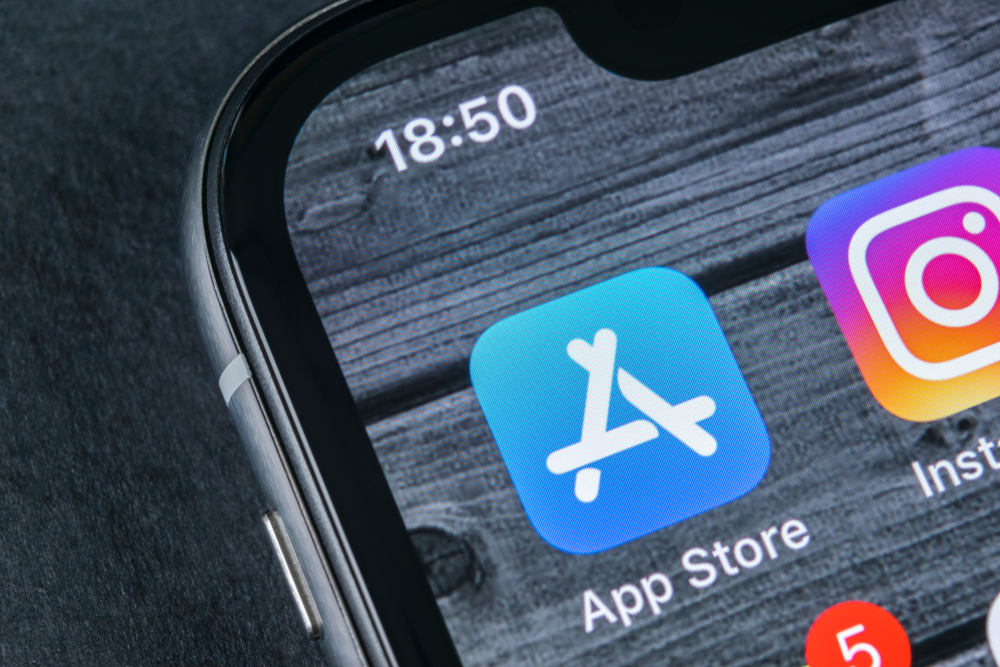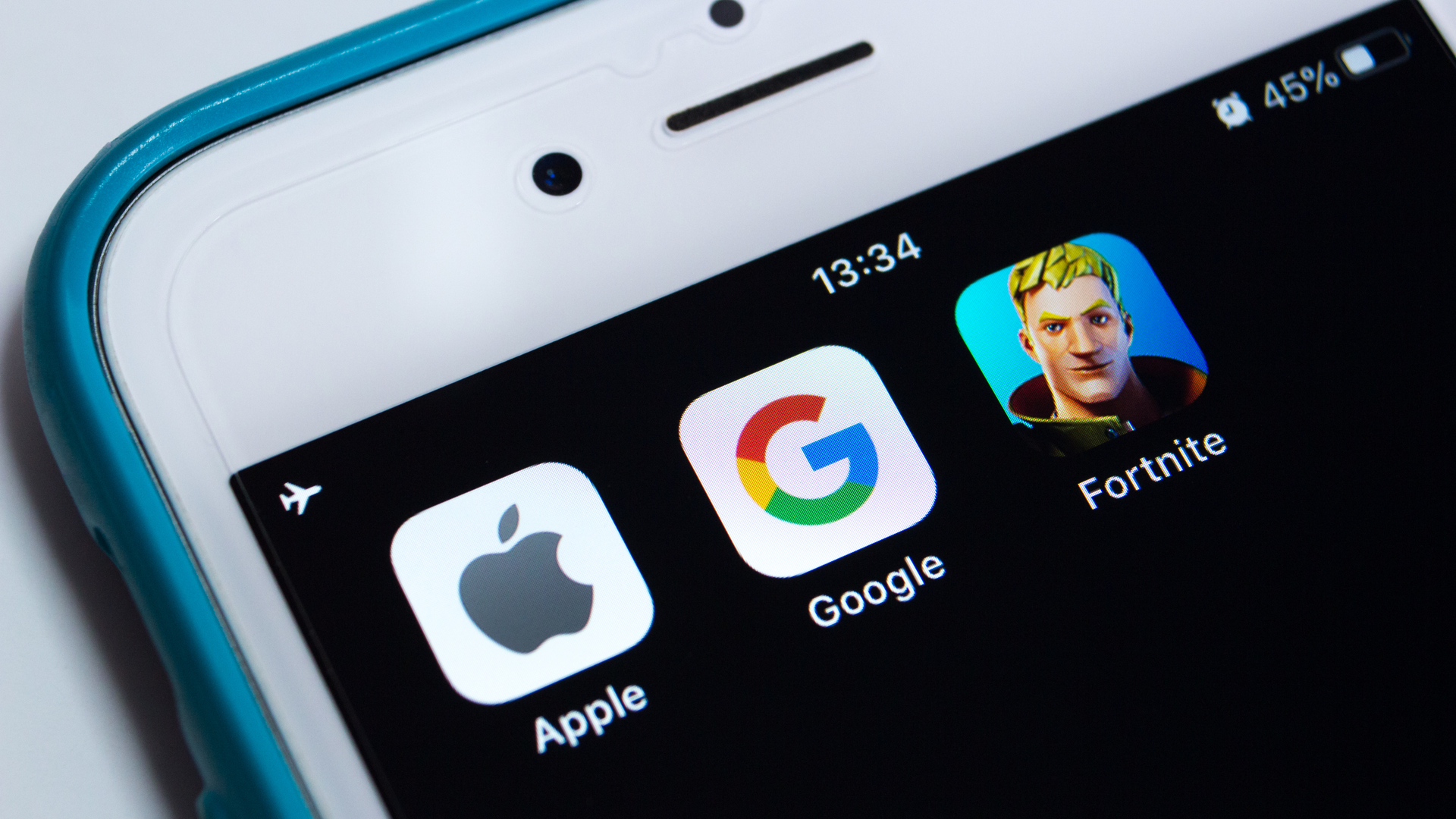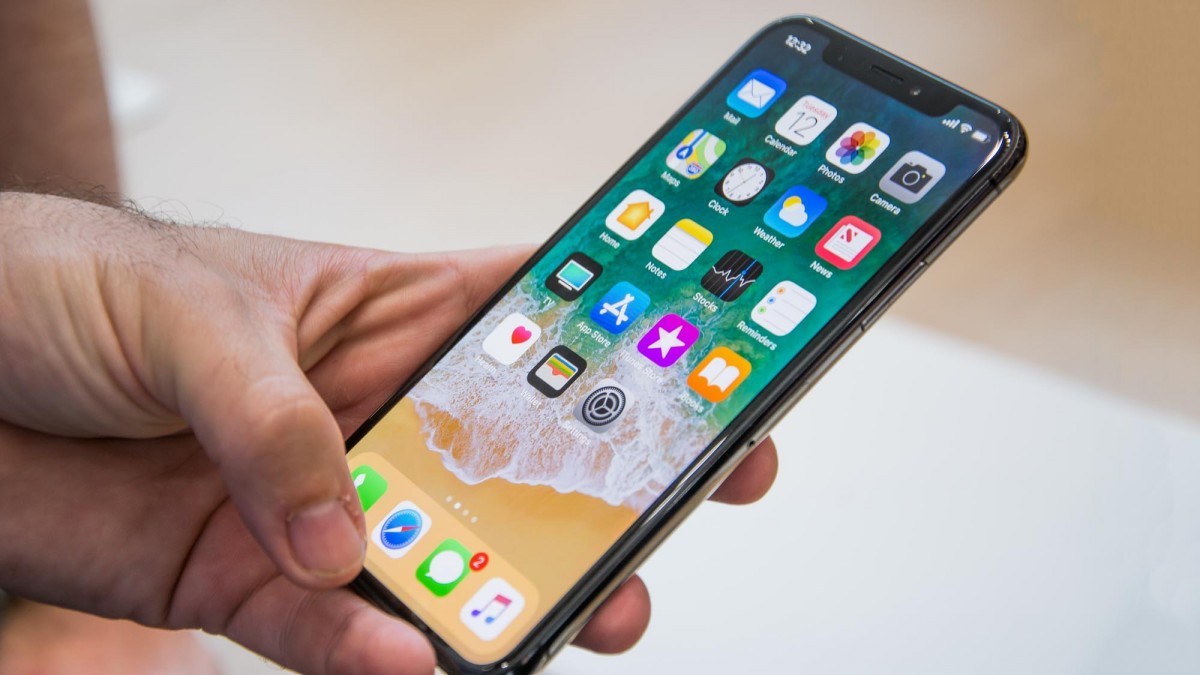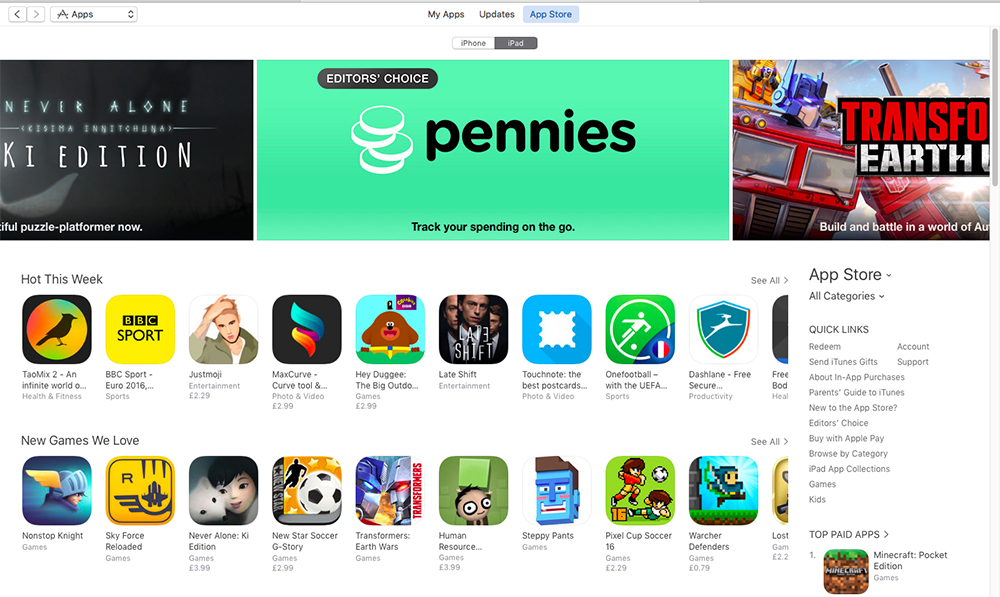App makers take shots at Apple in Senate hearing
App developers say the company uses its app store to further its own business interests


App developers criticized Apple in front of Congressional leaders on Wednesday, arguing the company engaged in predatory business practices using the power of its app store.
Legal executives from Spotify, Tile, and Match all spoke out against the mobile giant at a hearing held by the Senate Committee on the Judiciary's Subcommittee on Competition Policy, Antitrust, and Consumer Rights.
The hearing, entitled Antitrust Applied: Examining Competition in App Stores, explored potential antitrust issues in platform ownership. During the event, the executives recounted problematic business relationships with the company and accused it of using the app store to further its own business interests.
This week, Apple launched a direct competitor to Tile's tracking devices with its new AirTag, a device that links directly to its FindMy feature. Kirsten Daru, general counsel at Tile, said that Apple is willing to become hostile with former business partners to further its own business.
"Tile and Apple originally had a mutually beneficial, symbiotic relationship," she said, adding that things "took a very sharp turn in a different direction" in 2019, just as Tile began to hear rumors that Apple was working on a competitive product. It removed Tile from its physical stores without explanation and "started sending Tile customers confusing prompts encouraging our customers to effectively turn off Tile".
"If left unchecked, Apple will become a 3, 5, 10 trillion-dollar company, while countless other viable competitors will be unfairly marginalized and harmed," she warned.
Horacio Gutierrez, head of global affairs and chief legal officer at Spotify, reported that Apple had threatened to ban the streaming music service from the app store unless it used the in-app purchases feature and paid the 30% fee Apple typically charges for the service. This forced Spotify to increase its pricing. Apple then introduced its own, lower-priced Apple Music service and added a rule that companies couldn't direct users to their own external sign-up pages, he complained.
Get the ITPro daily newsletter
Sign up today and you will receive a free copy of our Future Focus 2025 report - the leading guidance on AI, cybersecurity and other IT challenges as per 700+ senior executives
"Spotify is prohibited even from informing its customers about the opportunity to sign up for Premium on Spotify’s own website," Gutierrez warned, accusing the company of "bait and switch" tactics by changing the rules.
Jared Sine, chief legal officer for Match Group, which owns Tinder, had equally harsh words for Apple and Google, which also participated in the hearing. "At the heart of this strategy to control both developers and consumers is the requirement that app developers use Apple’s and Google’s often inferior in-app payment services — think of a credit card processor — for which Apple and Google charge a 30 percent tax," he said.
"Senators, this is not curation," he warned. "It is iron-fisted, monopoly control.
Apple sent executives to the hearing after initially declining to testify. Chief compliance officer Kyle Andeer defended the company's 30% fee for application purchases and in-app payments.
"Today, the commission for most developers who are required to pay one is just 15 percent," he said. "Last year, as many small businesses were struggling during the pandemic, and storefronts were closing around the country, we launched a Small Business Program, which cut the commission for developers making less than $1 million per year in the App Store."
Danny Bradbury has been a print journalist specialising in technology since 1989 and a freelance writer since 1994. He has written for national publications on both sides of the Atlantic and has won awards for his investigative cybersecurity journalism work and his arts and culture writing.
Danny writes about many different technology issues for audiences ranging from consumers through to software developers and CIOs. He also ghostwrites articles for many C-suite business executives in the technology sector and has worked as a presenter for multiple webinars and podcasts.
-
 Bigger salaries, more burnout: Is the CISO role in crisis?
Bigger salaries, more burnout: Is the CISO role in crisis?In-depth CISOs are more stressed than ever before – but why is this and what can be done?
By Kate O'Flaherty Published
-
 Cheap cyber crime kits can be bought on the dark web for less than $25
Cheap cyber crime kits can be bought on the dark web for less than $25News Research from NordVPN shows phishing kits are now widely available on the dark web and via messaging apps like Telegram, and are often selling for less than $25.
By Emma Woollacott Published
-
 Apple's App Store now allows unlisted apps
Apple's App Store now allows unlisted appsNews Businesses are invited to make their limited-audience apps available only through a direct link
By Connor Jones Published
-
 What Apple's Epic battle could mean for the app business
What Apple's Epic battle could mean for the app businessIn-depth The tussle over gaming could have broader effects for the App Store in general
By Elliot Mulley-Goodbarne Published
-
 Best iPhone apps for 2019
Best iPhone apps for 2019Best Get the most out of the new range of iPhones with the top business, productivity and collaboration apps
By Clare Hopping Published
-
 Apple pulls VPNs from the App Store as Russia bans them completely
Apple pulls VPNs from the App Store as Russia bans them completelyNews Apple removes VPNs from the Chinese store, while Russia makes them illegal
By Alan Martin Published
-
 Apple raises App Store prices by 25% thanks to Brexit
Apple raises App Store prices by 25% thanks to BrexitNews App and in-app purchase prices rise in response to the weak pound
By Clare Hopping Published
-
 Apple outlines plan to take smaller revenue cut from ‘reliable’ apps
Apple outlines plan to take smaller revenue cut from ‘reliable’ appsNews Apps of any kind will also be eligible to offer subscriptions soon
By Aaron Lee Published
-
 7 Apple inventions that crashed and burned
7 Apple inventions that crashed and burnedIn-depth Even Apple has some skeletons in its closet
By Max Slater-Robins Published
-
 Apple App Store surpasses 25bn download milestone
Apple App Store surpasses 25bn download milestoneNews As Apple prepares to introduce the iPad 3, the 25 billionth App Store application is downloaded.
By Tom Brewster Published